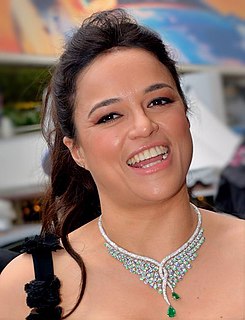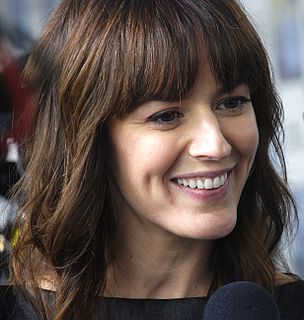A Quote by Kevin Barry
I think the language as spoken in Limerick and Cork has not really been written; 'City of Bohane' is a combination of the two. Bohane is a little kingdom. When I began writing it, I realised that it was in the future and that it was a place that didn't care about anything that happened outside it.
Related Quotes
I've always been and will always be very private about my personal life. If anything ever goes public, it is by default, because I happened to be in a place where I was being watched. But for the most part, I honestly don't care what people think. I never have. If I did, I'd probably present myself a little more carefully.
There is all this stuff about how sensitive poets are and how in touch with feelings, etc. they are, but really all we care about is language. At least in the initial stages of the process of writing the poem, though later other things start to come in, and a really good poem usually needs something more than just an interest in the material of language to mean anything to a reader.
I don't wonder anymore what I'll tell God when I go to heaven when we sit in the chairs under the tree, outside the city........I'll tell these things to God, and he'll laugh, I think and he'll remind me of the parts I forgot, the parts that were his favorite. We'll sit and remember my story together, and then he'll stand and put his arms around me and say, "well done," and that he liked my story. And my soul won't be thirsty anymore. Finally he'll turn and we'll walk toward the city, a city he will have spoken into existence a city built in a place where once there'd been nothing.
I started a writing class, not in service of writing a script or writing anything specific. I've just really been enjoying that, and oddly the group, not by design, but it just happened to be all women, and there were three women who gave birth this fall while we were all in class, and there's just something really great about getting to know these women through their stories and what they're writing about.
What I think is important about essayists, about the essay as opposed to a lot of personal writing is that the material has to be presented in a processed way. I'm just not interested in writing, "Hey, this is what happened to me today." You get to a place that has very little to do with your personal experience and talks about some larger idea or something in the culture. I don't think you can get to that unless you have had a lot of time to gestate and maybe if I was taking a lot of notes while stuff was going on, I wouldn't be able to get to that place as easily.
I had a teacher once who said, "If you are going to write fiction, you should only read poetry." I have always been interested in the writers who care about their sentences and who really work on that level. I have always said that I hate writing, I love revision. So, the language is really important to me. And the comedy and the horror that come out of the language.
If you cared enough about your characters, what happened to them was interesting... it's important to care about them, about who they are and what they do...I don't really care whose side they are on, and they can be monstrous on the outside or, worse, on the inside, but you still have to want to spend time with them.
I think you’re freaked about what happened at Cambridge. I think it scared you." “I’ve been through worse, Bex,” I said, joining her on the lower stairs. “Way worse.” “Oh, not the attack.” Bex raised her finger in contradiction. “What happened before the attack. I think you saw the future. Which is kind of freaky when - two months ago - you didn’t think you were going to have one.
To me the biggest waste of time is commuting. First, there is no place that is less than a two-hour commute from New York. You can be half a mile outside of the city limits; you're two hours away by car. I don't care how close they tell you it is. "Oh, it's only thirty miles." Thirty miles? At 8:30 in the morning, thirty miles outside New York, you might as well be starting out in Omaha.

































